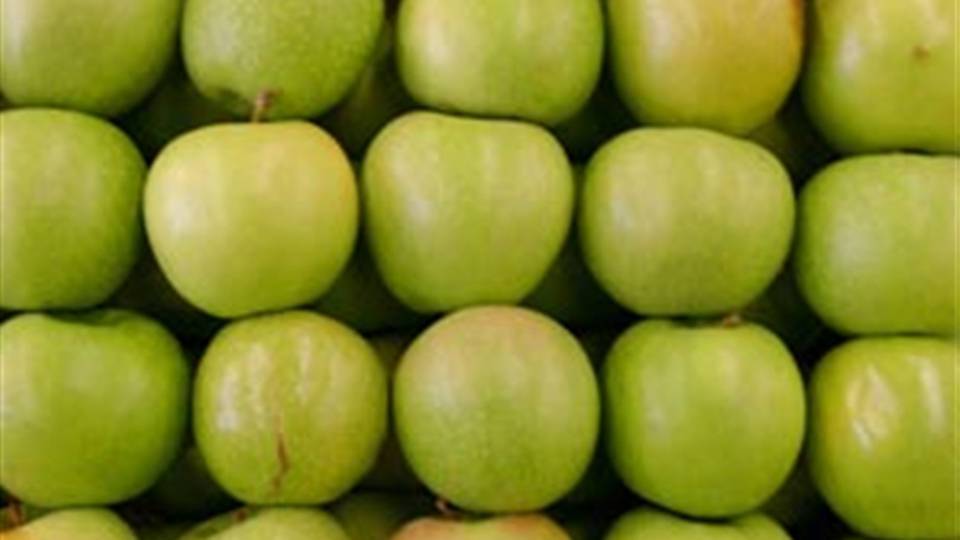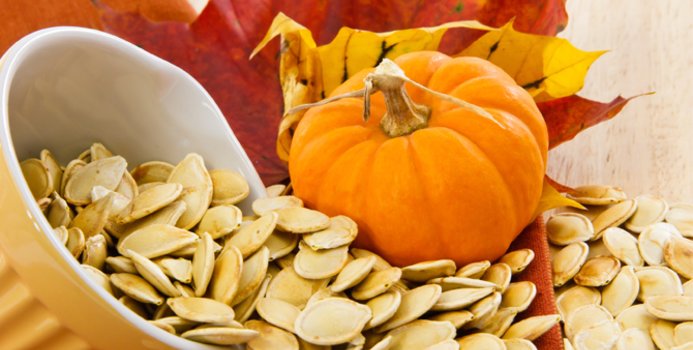
People with diabetes must pay special attention to their diet, since the intake of certain foods can cause a rapid rise in blood glucose with serious consequences for them. The Scalpel offers tips for acquiring essential eating habits for the treatment and control of diabetes
The Alphabet of Nutrition focuses on diabetes on the occasion of its World Day, November 14.
Diet in diabetic people is a very important part of their treatment.
“According to numerous clinical studies, a proper diet has the value of a real treatment,” says Laura González, Nestlé’s Head of Nutrition and Health.
It is also essential to achieve and maintain optimal metabolic balance, reduce cardiovascular risk, and prevent and treat potential complications.
The main scientific societies recommend, in addition to blood sugar control, maintaining normal levels of cholesterol, blood triglycerides and blood pressure.
“This will help prevent the onset of cardiovascular diseases related to diabetes,” explains González.
The glycemic index is a theoretical value that guides the ability of a food to increase blood glucose.
To establish it, the index of each food is compared with that produced by the same amount of glucose, which is given the value of 100.
Foods with an index greater than 70 are considered to have a high glycemic index and would cause a rapid rise in blood glucose.
On the contrary, foods with an index below 55 would cause a lower and gradual increase.
Diet and diabetes: some guidelines
For better control of the disease, people with diabetes should promote foods with a low / medium glycemic index such as legumes, vegetables and whole grains.
In addition, you must ensure the intake of protein and control the consumption of fats.
“It is important to drink around two liters of water, that is, between eight and ten glasses a day. This serves to preserve kidney function, hydrate the skin and reduce the risk of constipation ”, indicates the nutritionist.
González also recommends a diet rich in vegetable fiber with a double objective: to improve glycemic control and reduce cholesterol.
Fiber can also help reduce cardiovascular risk and achieve adequate body weight.
“You have to try to promote foods rich in fiber such as vegetables, legumes and nuts,” she advises.
Another recommendation has to do with controlling the consumption of table salt. Pay attention to salty foods such as cold cuts, snacks or aged cheeses.
What should be avoided?
Regular intake of alcohol is not recommended in the diet of people with diabetes, as it hinders the release of glucose from the liver.
To this must be added that it can cause severe hypoglycemia.
In the case of diet products, the nutritionist affirms that “it is a mistake to think that diabetic people can freely consume products labeled as tolerated by diabetics.”
People with diabetes should especially control the total carbohydrates that make up their diet throughout the day.
“Those statements are not a guarantee that they can be freely consumed in uncontrolled quantities,” she maintains.
Many of these foods are made with fructose, which, being sweeter than common sugar, is used in less quantity, but it is still a sugar.
There would be no problem in including them in the diet if their composition is known and the corresponding calculation is made.
The diabetic patient can eat practically everything in the prescribed amounts, but you have to pay attention to certain foods.









